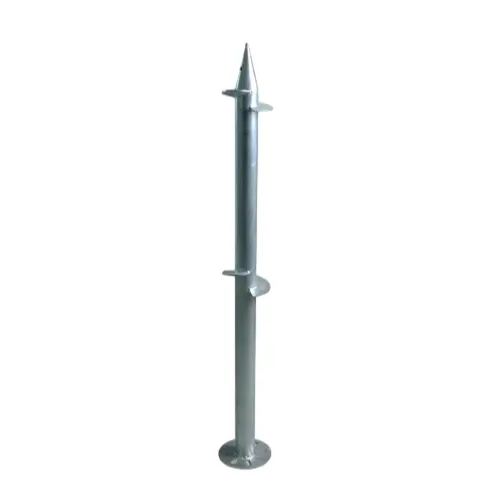
A pieu de terre is essential for providing stability and support in construction projects. These piles transfer loads from structures to deeper soil layers, ensuring structural integrity. Various types of pieu de terre techniques are used depending on soil conditions and project requirements.
Enhancing Stability with Rigid Inclusion Piles
Pieux rigides à inclusion are used to reinforce soft ground and improve load-bearing capacity. These piles are made from stiff materials and act as vertical reinforcements within the soil. Pieux rigides à inclusion provide better ground stability, especially in areas with weak or compressible soils.
The Role of Compaction Piles for Ground Improvement
En utilisant pieux de compactage pour l'amélioration des sols is a technique employed to densify loose soil and reduce settlement risks. This method involves driving piles into the ground to increase soil strength. Pieux de compactage pour l'amélioration des sols are widely used in infrastructure and large-scale construction projects.
Understanding the Process of Piling Ground
Piling ground refers to the process of installing deep foundation elements to support structures. Various piling techniques, such as driven piles and drilled shafts, are used based on soil conditions and load requirements. Piling ground ensures that buildings and infrastructure remain stable and durable over time.
Choosing the Right Pile de terre for Your Project
Selecting the appropriate pieu de terre involves assessing factors such as soil composition, structural load, and environmental conditions. Construction professionals analyze these aspects to determine the best pieu de terre solution for ensuring safety and longevity in building projects.
Pile de terre FAQs
What are the benefits of using a pieu de terre in construction?
A pieu de terre provides strong foundational support, improves load distribution, and enhances soil stability for various structures.
How do pieux d'inclusion rigides improve ground conditions?
Pieux rigides à inclusion reinforce soft or weak soils by acting as vertical columns that transfer loads more effectively, preventing excessive settlement.
When should I use pieux de compactage pour l'amélioration des sols?
Pieux de compactage pour l'amélioration des sols are recommended when dealing with loose or sandy soils that require densification to support heavy structures.
What is the difference between terrain de pieux and other foundation methods?
Piling ground involves deep foundations, while other methods, such as slab-on-grade, rely on surface foundations that may not be suitable for all soil types.
How do I choose the right pieu de terre for my project?
The choice of pieu de terre depends on soil testing, load requirements, and construction conditions to ensure long-term structural stability.

-
Unique Design Ideas for Wrought Iron Wall DecorNouvellesJul.21,2025
-
Stainless Steel Pulley for Marine ApplicationsNouvellesJul.21,2025
-
Safety Features in Industrial Track PulleyNouvellesJul.21,2025
-
Precision Tolerances for 2 Inch U Groove WheelsNouvellesJul.21,2025
-
Iron Fence Spears Corrosion Protection MethodsNouvellesJul.21,2025
-
Iron Decorative Panels for Balcony ScreensNouvellesJul.21,2025
-
Industrial Applications Requiring Heavy Duty PulleyNouvellesJul.21,2025












